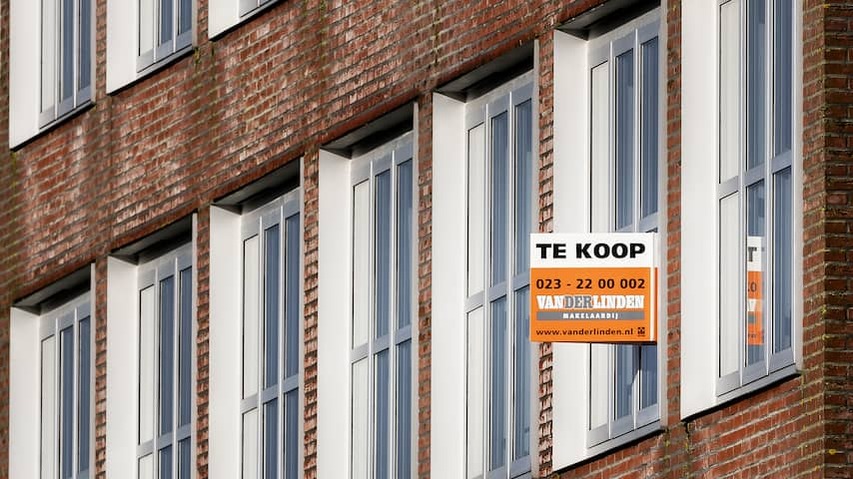
People looking to buy their first home can seize the opportunity. This year too, investors are selling significantly more homes than they are buying, especially in university cities.
“Never before have so many rental properties been sold as owner-occupied homes in a first quarter,” reports the Land Registry (Kadaster) on Wednesday. The number of sales by investors increased by 37 percent in the first quarter of this year compared to a year ago. The number of purchases was 13 percent lower.
The difference between the number of homes sold and purchased has been growing since 2023. The Land Registry cites a combination of reasons, such as the increased transfer tax, the introduction of the purchase protection, the Affordable Rent Act, and the box 3 rules.
“The Affordable Rent Act is the most talked about,” says Matthieu Zuidema, housing expert at the Land Registry. “But there is also a lot of uncertainty about the box 3 tax. It is the accumulation of all the different measures that is causing many investors to stop.”
“The reason the difference between sales and purchases is growing is the dependence on rental contracts. If there is still a rental contract, selling is much more attractive. Then you have to buy out the contract, or sell the property in a rented state. Selling off individual units. It is more attractive to wait until the contract is over and then sell. That is what is happening now.”
Attention for housing for students
Investors are selling a lot, especially in university cities. In one year, private investors in those cities have sold three times as many homes as they bought per year in the period between 2016 and 2020. And they bought particularly a lot during that period. The Land Registry investigated this because there has been a lot of attention lately for the availability of housing for students.
Sales by private landlords are particularly rapid. On an annual basis, their stock is now shrinking between 5 and 7 percent. “I dare not predict what will happen,” says Zuidema. “But if it continues like this for another ten years, there will be no private rental stock left.”
It won’t go that fast, due to the contribution of the larger rental companies. Because corporate investors built new homes and renovated existing homes to then rent them out, the total stock of rental homes in the Netherlands decreased only slightly.